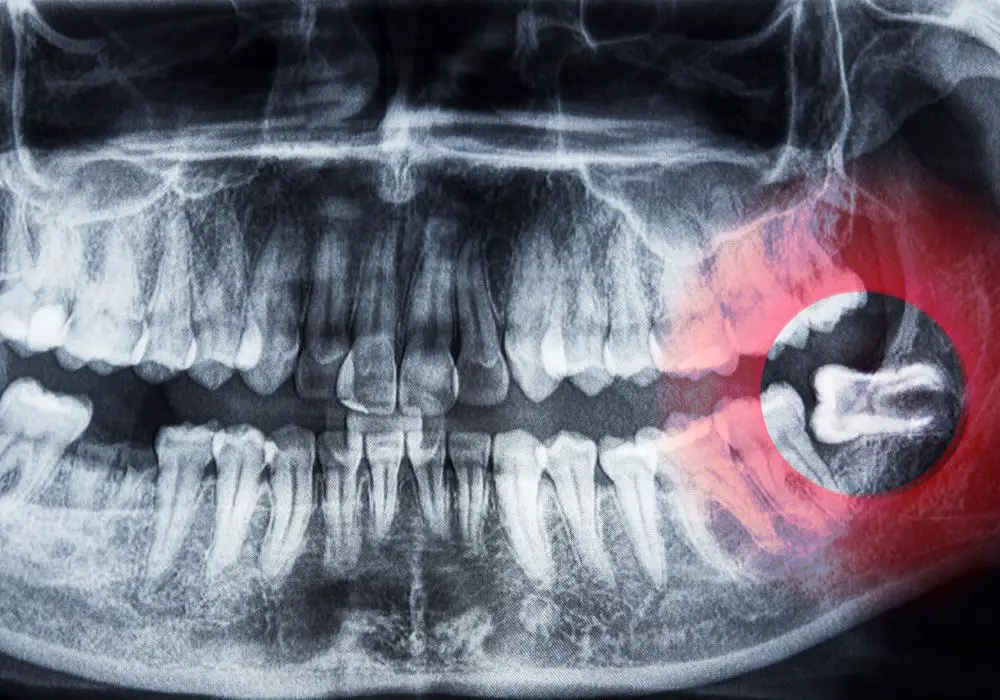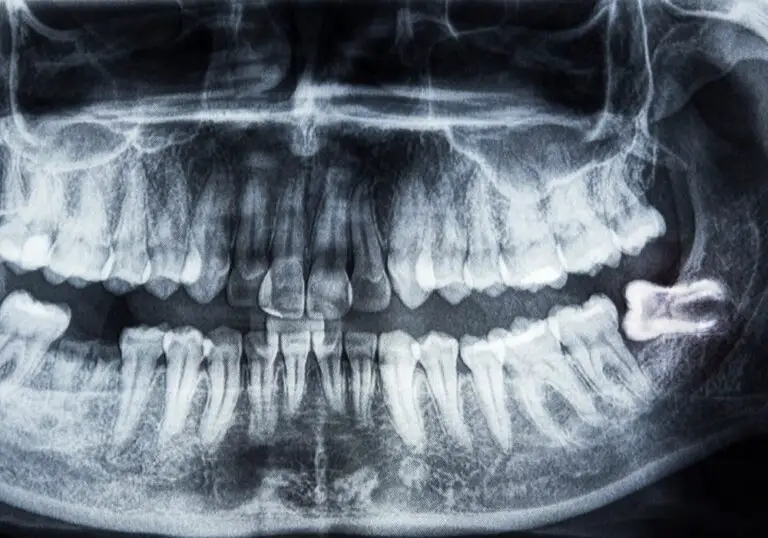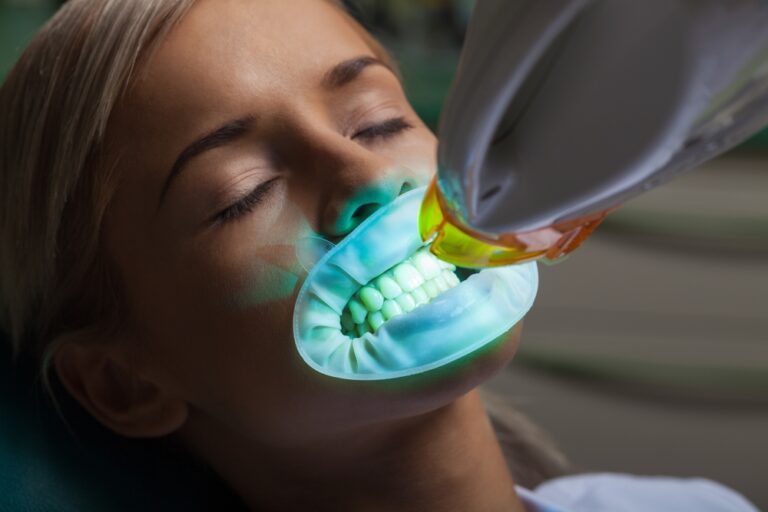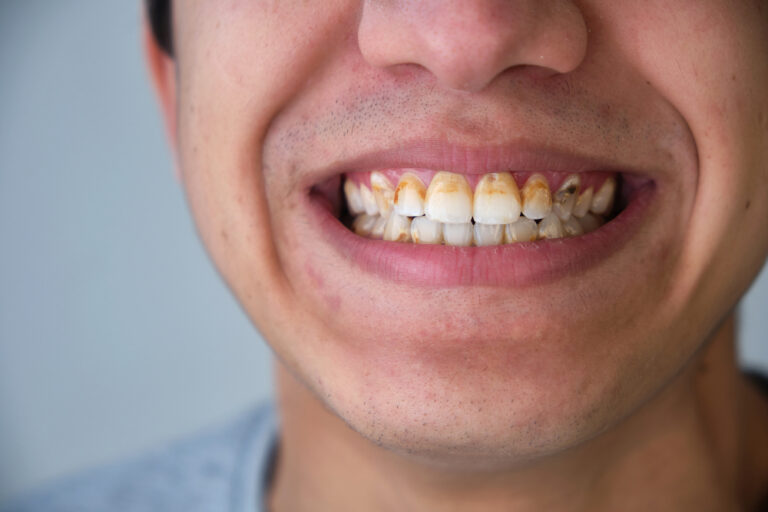After having your wisdom teeth removed, it’s natural to want to return to your normal routine as soon as possible. However, it’s important to take proper care of yourself during the recovery period to ensure a smooth healing process. One common question that many people have is when they can start drinking after wisdom teeth removal.
It’s important to note that you should not drink alcohol for at least the first 24 hours after having your wisdom teeth removed. Consuming alcohol during this time can cause post-operative bleeding and prevent the formation of a blood clot, which is crucial for proper healing. After the initial 24 hours, you can slowly start introducing liquids back into your diet, but it’s important to take it easy and avoid using straws or drinking anything too hot or cold.
It’s also important to listen to your dentist or oral surgeon’s specific instructions regarding when you can start drinking after wisdom teeth removal. Depending on your individual case, they may recommend waiting a few days or even up to a week before consuming any alcoholic beverages. Ultimately, it’s important to prioritize your health and follow your healthcare provider’s recommendations for a safe and successful recovery.
Understanding Wisdom Teeth Removal

If your wisdom teeth are causing pain, infection, or other dental problems, your dentist may recommend a wisdom tooth extraction. This is a surgical procedure to remove one or more wisdom teeth, which are the four permanent adult teeth located at the back corners of your mouth on the top and bottom.
Wisdom teeth removal is a common oral surgery procedure that is usually performed by an oral surgeon or a dentist with special training. The procedure can be done under local anesthesia, which numbs the area around your teeth, or under general anesthesia, which puts you to sleep during the procedure.
After the procedure, you will need to take some time to recover. It is normal to experience some pain, swelling, and bleeding in the first few days after surgery. You may also have difficulty opening your mouth or eating solid foods. However, with proper care and rest, you should be able to recover fully within a few weeks.
During the recovery period, it is important to follow your dentist’s instructions carefully to avoid complications. This may include taking pain medication, using ice packs to reduce swelling, and eating soft foods that are easy to chew. You should also avoid smoking, drinking alcohol, and using straws, as these activities can interfere with the healing process.
In general, most people are able to resume their normal activities within a few days after wisdom teeth removal. However, you should avoid strenuous exercise and other activities that could put pressure on your mouth for at least a week after surgery. It is also important to attend any follow-up appointments with your dentist to ensure that your mouth is healing properly.
Initial Recovery Period
After having your wisdom teeth removed, it is normal to experience some discomfort and swelling. The initial recovery period can last up to a week, and it is important to take proper care of yourself during this time to ensure a speedy recovery.
Immediate Aftercare
Immediately after your wisdom teeth removal surgery, you will be instructed to bite down on gauze for about 45 minutes to help stop the bleeding. Once the bleeding has stopped, you will be given instructions on how to care for your mouth during the initial recovery period.
During the first 24 hours, it is important to avoid drinking through a straw, spitting, or rinsing your mouth, as this can dislodge the blood clot and prolong bleeding. You should also avoid smoking and consuming alcohol, as these can slow down the healing process.
To help reduce swelling and discomfort, you can apply an ice pack to your cheek for 20 minutes at a time, with a 20-minute break in between. You can also take over-the-counter pain relievers as directed by your dentist or oral surgeon.
Diet
During the initial recovery period, it is important to stick to a soft-food diet to avoid irritating the surgical site. You should avoid hard, crunchy, or sticky foods, as well as hot or spicy foods.
Some recommended foods for the initial recovery period include:
- Applesauce
- Yogurt
- Smoothies
- Mashed potatoes
- Scrambled eggs
It is also important to stay hydrated by drinking plenty of water and other non-alcoholic, non-carbonated beverages.
By following these guidelines and taking proper care of yourself during the initial recovery period, you can help ensure a speedy and comfortable recovery after your wisdom teeth removal surgery.
When to Start Drinking

After getting your wisdom teeth removed, it’s essential to take proper care of your mouth to avoid any complications. One of the most common questions that people have after the surgery is when they can start drinking again. The answer to this question depends on a few factors, such as whether you are drinking alcoholic or non-alcoholic beverages.
Non-Alcoholic Beverages
It’s crucial to stay hydrated after the surgery, so you should start drinking water as soon as you feel comfortable. However, you should avoid drinking through a straw for at least the first 24 hours, as the suction can dislodge the blood clot and cause dry socket. Instead, drink from a cup or bottle, and try to avoid swishing the water around your mouth.
You can also drink other non-alcoholic beverages such as juice, tea, or milkshakes, but you should avoid anything too hot or too cold. Stick to lukewarm or room temperature drinks, and avoid anything acidic or carbonated, as they can irritate the surgical site.
Alcoholic Beverages
Drinking alcohol after wisdom teeth removal is not recommended, as it can interfere with the healing process and increase the risk of bleeding and infection. You should wait at least 24 hours before drinking any alcoholic beverages, and even then, you should avoid anything too strong or too hot.
If you do decide to drink alcohol, stick to light beer or wine, and avoid hard liquor or cocktails. Make sure to drink plenty of water as well, as alcohol can dehydrate you and delay the healing process.
In summary, it’s essential to take proper care of your mouth after getting your wisdom teeth removed. You should start drinking water as soon as you feel comfortable, but avoid using a straw for at least the first 24 hours. You can also drink other non-alcoholic beverages such as juice, tea, or milkshakes, but avoid anything too hot or too cold. If you decide to drink alcohol, wait at least 24 hours and stick to light beer or wine, and make sure to drink plenty of water as well.
Potential Risks and Complications
After wisdom teeth removal, there are potential risks and complications that you should be aware of. Here are two of the most common:
Dry Socket
Dry socket, also known as alveolar osteitis, is a painful condition that can occur after wisdom teeth removal. It happens when the blood clot that forms in the socket where the tooth was removed becomes dislodged or dissolves before the wound has had a chance to heal. This leaves the bone and nerves exposed, causing pain that can radiate to the ear or eye on the same side as the extraction.
To reduce your risk of dry socket, avoid drinking through a straw, smoking, or rinsing your mouth vigorously for the first few days after surgery. These activities can all dislodge the blood clot and delay healing. If you do develop dry socket, your dentist or oral surgeon can provide you with medication to help manage the pain.
Infection
Infection is another potential complication of wisdom teeth removal. It can happen if bacteria enter the wound and multiply, causing inflammation and pain. Signs of infection include fever, swelling, redness, and discharge from the wound.
To reduce your risk of infection, follow your dentist or oral surgeon’s instructions for caring for the wound. This may include rinsing your mouth with saltwater or an antimicrobial mouthwash, taking antibiotics, and avoiding certain foods or activities that could irritate the wound.
If you suspect that you have an infection, contact your dentist or oral surgeon right away. They may need to prescribe antibiotics or perform additional treatment to prevent the infection from spreading.
Tips for a Smooth Recovery

After having your wisdom teeth removed, it’s important to take proper care of yourself to ensure a smooth and speedy recovery. Here are some tips to help you feel better and heal faster.
Hydration
Staying hydrated is crucial for a successful recovery after wisdom teeth removal. Be sure to drink plenty of water and other fluids, but avoid using straws as the sucking motion can dislodge the blood clot and delay healing. Instead, take small sips from a cup or glass.
If you’re having trouble drinking enough water, try adding some flavor by infusing it with fruits like lemon or cucumber. You can also drink clear broths, herbal teas, and electrolyte-rich drinks like coconut water to help replenish your fluids.
Diet
Eating a soft, nutritious diet is also important for a smooth recovery. Stick to foods that are easy to chew and swallow, such as mashed potatoes, scrambled eggs, and smoothies. Avoid crunchy, spicy, or acidic foods that can irritate your gums and prolong healing.
You may also want to stock up on some over-the-counter pain relievers like ibuprofen or acetaminophen to help manage any discomfort. Just be sure to follow the instructions on the label and talk to your dentist or doctor if you have any questions or concerns.
In addition to these tips, be sure to follow any specific instructions given to you by your dentist or oral surgeon. With proper care and attention, you can help ensure a smooth and speedy recovery after your wisdom teeth removal.
Frequently Asked Questions
When can I drink alcohol after tooth extraction?
It is recommended that you avoid alcohol consumption for at least 24 hours after tooth extraction. Alcohol can interfere with the healing process and increase the risk of complications, such as bleeding and dry socket. It is best to wait until the extraction site has fully healed before consuming alcohol.
When can I drink tea after tooth extraction?
You can drink tea after tooth extraction as soon as you feel comfortable doing so. However, it is important to avoid drinking hot tea, as this can cause irritation and discomfort to the extraction site. Instead, opt for lukewarm or cold tea.
When can I drink water after wisdom teeth removal?
You can drink water after wisdom teeth removal as soon as you feel comfortable doing so. It is important to stay hydrated after the procedure, but be careful not to use a straw, as the suction can dislodge the blood clot and cause dry socket.
Can I drink apple juice after tooth extraction?
You can drink apple juice after tooth extraction, but it is important to avoid drinking it through a straw. The suction from the straw can dislodge the blood clot and cause dry socket. Opt for drinking apple juice from a cup or glass instead.
Can alcohol cause dry socket?
Yes, alcohol consumption can increase the risk of dry socket after tooth extraction. It is best to avoid alcohol for at least 24 hours after the procedure to reduce the risk of complications.
Can I drink alcohol 4 days after tooth extraction?
It is generally safe to drink alcohol 4 days after tooth extraction, but it is important to listen to your body and avoid alcohol if you are still experiencing pain or discomfort. It is best to wait until the extraction site has fully healed before consuming alcohol.







